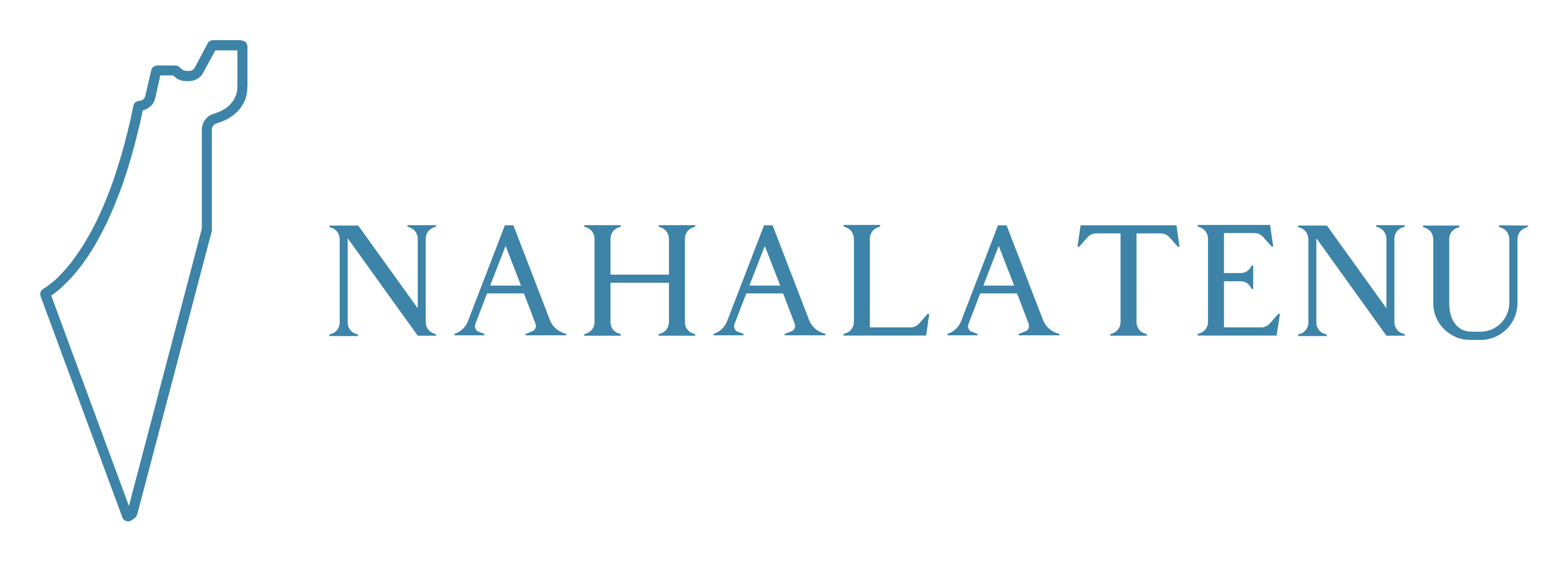Shabbat Shalom!
This week’s Torah portion, Parashat Vayishlach, is a story of transformation, struggle, and ultimately growth. It highlights one of the most pivotal moments in Yaakov’s life—his confrontation with his past, his fears, and ultimately, with himself.
Facing the Fear of Confrontation
For much of his life, Yaakov avoided direct confrontations. He fled from Esav after taking the blessings. He left Laban’s house stealthily rather than addressing their issues head-on. Yaakov’s name, related to "La'aqov" (לעקב), circumvent, symbolizes this tendency to circumvent problems rather than meet them directly. He often sought alternative routes to achieve his goals.
In Parashat Vayishlach, Yaakov is forced to face his past. After years of estrangement, he is preparing to meet Esav, fearing a violent encounter. In the middle of the night, right before encountering Esav, Yaakov crosses the Yabok River with his family. Why? The Rashbam offers a fascinating interpretation—Yaakov was attempting to flee once again, thinking that by crossing the river he might escape Esav. But this time, his escape is interrupted.
The Mysterious Struggle
Yaakov encounters a mysterious "Ish" (man) who wrestles with him through the night. I understand that this 'man' is, in a sense, a manifestation of Yaakov’s own internal struggle—a fight with his conscience, his fears, and his patterns of avoidance. The struggle forces Yaakov to confront his instinct to flee and, instead, stand his ground.
This moment is transformative. The Ish strikes Yaakov’s thigh , leaving him limping. This injury ensures that Yaakov can no longer physically run away. He is forced to face his challenges, both internal and external, head-on. And as dawn breaks, Jacob does something remarkable—he refuses to let go of the Ish until he receives a blessing. This persistence marks a turning point in Yaakov’s journey.
A New Name, A New Identity
As a result of this struggle, Jacob is given a new name: Israel. The name Israel includes in it the root "Yashar" (ישר) (straight) and "Sar" (שרה) (to contend), signifying that he has faced God and men and has overcome. This is the opposite of Yaakov’s previous identity—one of avoidance and indirectness. Israel embodies confrontation, resilience, and a willingness to engage directly heads on with life’s challenges.
Yaakov’s new name represents not just a change in identity, but a shift in his essence. No longer does he avoid problems; now he confronts them and emerges stronger. Later in the parashah, when Jacob finally meets Esav, the encounter is far less terrifying than he had imagined. They embrace, weep together, and reconcile. This shows that facing fears often leads to outcomes far better than we anticipate.
Lessons from Yaakov’s Transformation
Yaakov’s story teaches us a profound lesson: growth comes from stepping out of our comfort zones and facing what we fear most. It’s tempting to postpone dealing with uncomfortable situations or to avoid them altogether, but such avoidance stifles growth. Confronting challenges, while difficult, expands our character, deepens our understanding, and refines our essence. As the saying goes, problems are opportunities!
Here are some takeaways from Jacob’s journey:
-
Stop Avoiding: Recognize areas in your life where you’ve been avoiding confrontation or discomfort. Jacob’s transformation began when he stopped running.
-
Struggles Shape Us: Just as Jacob’s wrestling match changed him, our struggles refine and expand who we are.
-
Embrace Discomfort: Learn to face challenges head-on and see them as opportunities for growth. The hardest battles often yield the greatest blessings.
By wrestling with his fears and refusing to let go without a blessing, Jacob became Israel, a name that signifies strength, resilience, and integrity. May we, too, find the courage to wrestle with our own challenges and emerge stronger and more whole on the other side.
Shabbat Shalom!



Share:
Vayetze - Jacob's Transformative Journey
Parashat Vayeshev - Yosef: The Rise of a Leader